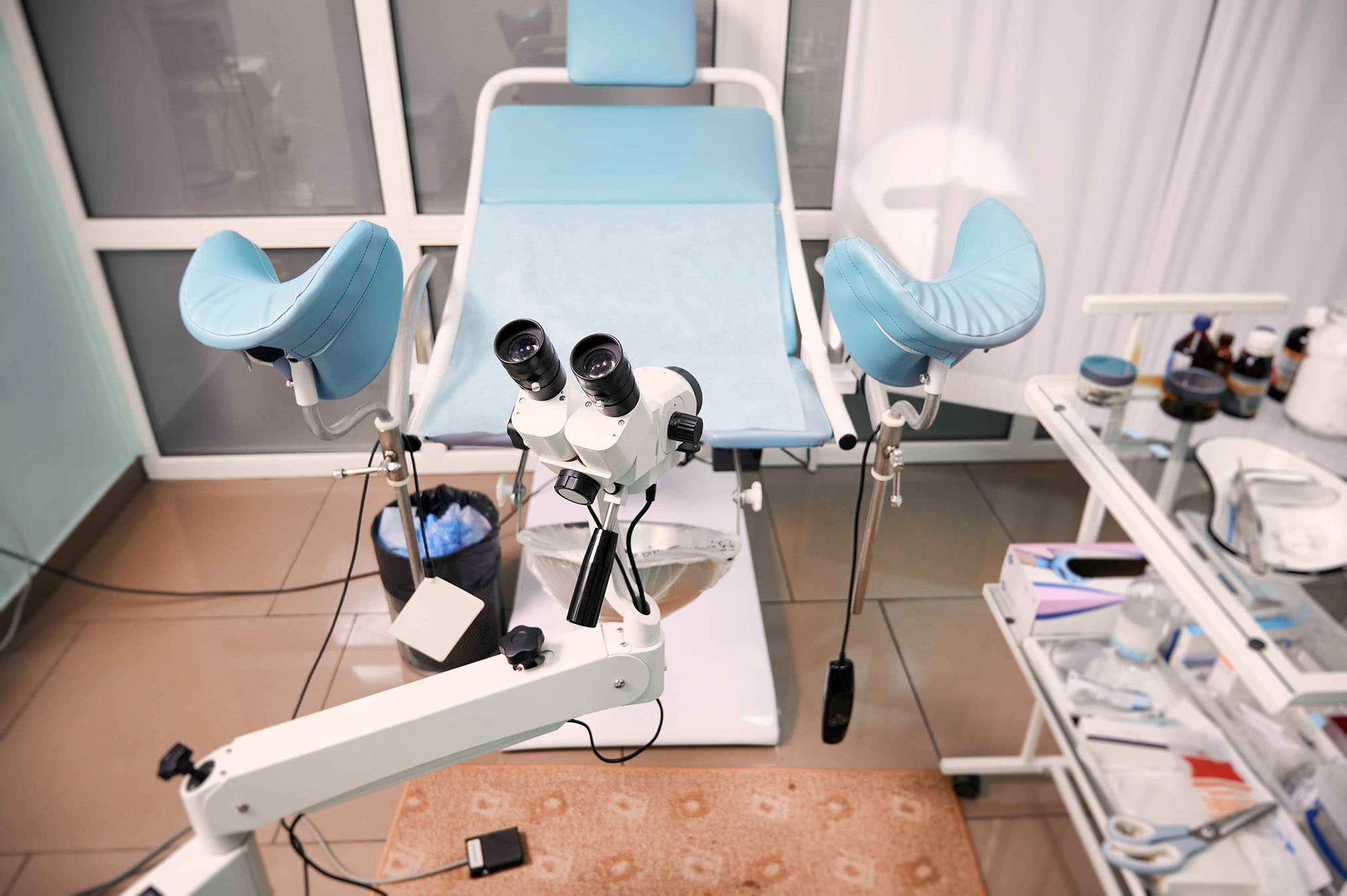Gynecologists are medical doctors who specialize in the health of the female reproductive system. This includes the uterus, fallopian tubes, ovaries, cervix, vagina, and breasts. They provide a wide range of services focused on women’s health throughout different stages of life.
What does a gynecologist do?
Gynecologists offer both preventive care and treatment for various conditions, including:
- Routine exams and screenings:
- Pelvic exams
- Pap smears (to check for cervical cancer)
- Breast exams
- Contraception: Counseling patients on birth control options and prescribing methods.
- Sexually Transmitted Infections (STIs): Testing, diagnosis, and treatment.
- Reproductive Disorders: Diagnosing and managing conditions like:
- Endometriosis
- Polycystic Ovary Syndrome (PCOS)
- Uterine fibroids
- Ovarian cysts
- Infertility: Evaluating and offering treatments to help with conception.
- Menopause: Managing symptoms and offering hormone replacement therapy (HRT).
- Pregnancy: Some gynecologists are also obstetricians (OB/GYN) and provide care for women during pregnancy and childbirth.
When should I see a gynecologist?
- First Visit: It’s recommended that young women have their first gynecologist visit between the ages of 13 and 15.
- Annual Exams: Regular checkups are important for preventive care and early detection of problems.
- Specific Concerns: See a gynecologist if you experience:
- Menstrual irregularities (heavy, painful, or missed periods)
- Unusual vaginal discharge or bleeding
- Pelvic or abdominal pain
- Concerns about contraception or sexual health
- Pregnancy or family planning
How to Choose a Gynecologist
- Referrals: Ask your doctor, friends, or family for recommendations.
- Insurance: Check with your insurance for in-network providers.
- Credentials: Verify the doctor’s board certification.
- Comfort Level: It’s essential to find a gynecologist with whom you feel comfortable discussing sensitive topics.
Key Takeaways
Gynecologists play a vital role in maintaining women’s reproductive health. Don’t hesitate to seek their expertise for preventive care, specific concerns, or any questions you might have about your body.



Comments are closed